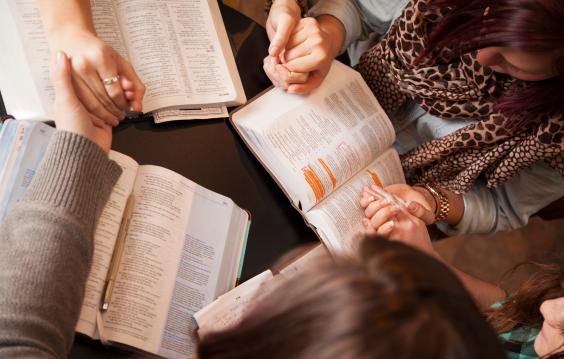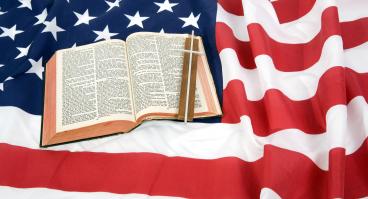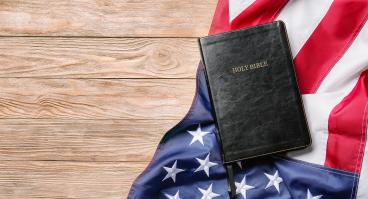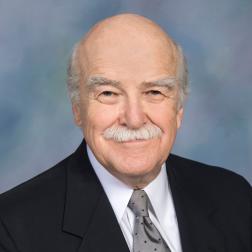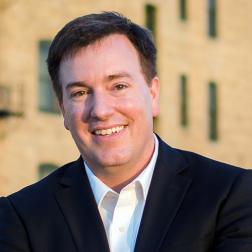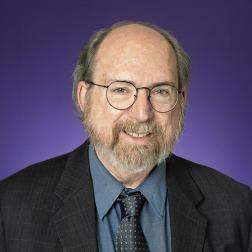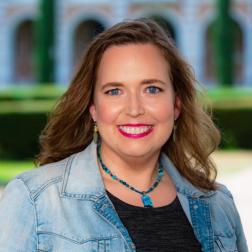Featured Publications
Hidden Work: Baptist Women in Texas 1880–1920
About the Program
Religion and culture inevitably affect our domestic and foreign public policies — but how, how much and with what result? How does religion affect our national voting patterns? What is the appropriate role for religion in politics? How can “faith-based” organizations assist in providing social services to the disadvantaged and disenfranchised? How is religious fundamentalism affecting the Middle East peace negotiations? These are but a few of the controversial questions that the Baker Institute Religion and Public Policy Program has attempted to answer. Building upon previous research, engaging myriad diverse views in rigorous and open debate, the program aims to explore how religion and cultural factors interact with public policy issues, including education, socioeconomics, politics, science, conflict resolution and globalization. Topics of particular current interest and research are: 1) the appropriate relationship between religion and politics in the United States; 2) the ways in which knowledge of religious factors can aid in both domestic and foreign policy; 3) social and political views within evangelical Christianity that are moving beyond a limited focus on such wedge issues as abortion and homosexuality; and 4) increased opposition to Islamic extremism among moderate Muslim thinkers and movements.
